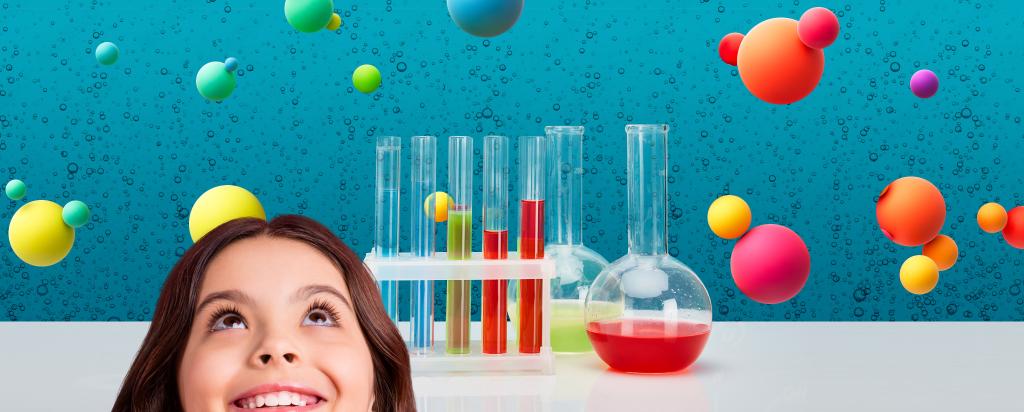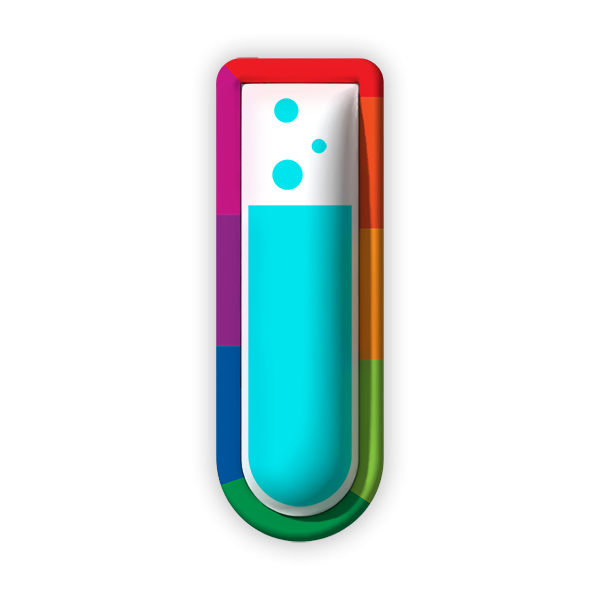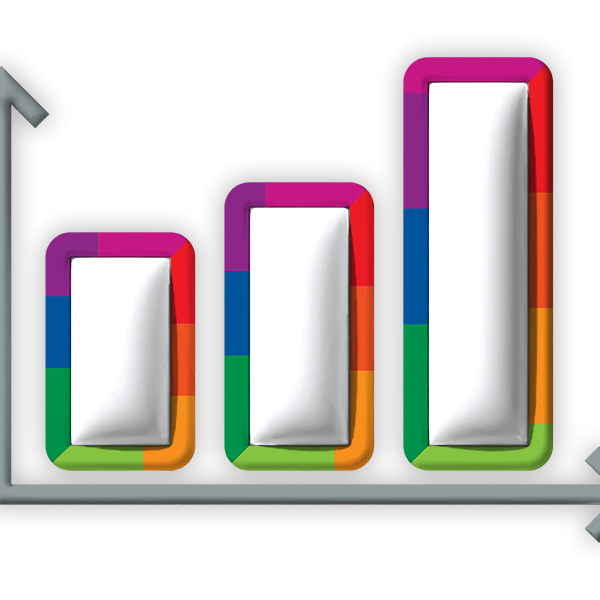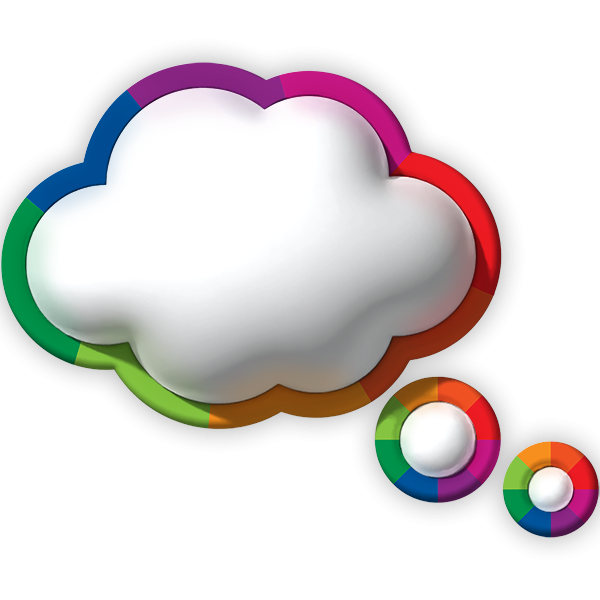
Science Inquiry Skills
Think Science! encourages students, in small teams of 2 - 4 individuals, to conduct a first-hand science investigation on a topic of their choosing. Students will document how they followed all steps of the Science Inquiry strand of the Australian Curriculum outlined below, and submit a short video, 3 - 4 minutes long for primary students and 4 - 5 minutes long for secondary students, to ANSTO which summarises their investigation.

Questioning and Predicting
Good science always starts with a question.
- What question do you want your investigation to answer?
Then think about your question and think about what might happen in your investigation.
- What do you think will happen and why?

Planning and Conducting
You have your question - now it's time to plan and conduct your investigation. Investigations take time.
- How will you test your prediction and achieve a fair test?
- What materials and equipment will you need?
- How will you do your investigation safely?
- What observations and measurements will you make and record?

Processing, Modelling and Analysing
You have completed your investigation and recorded your results.
- How will you organise and process your data?
- What will you use to help identify any relationships and patterns?

Evaluating
Scientists think about their investigations and their results.
- How do your findings compare with those of others?
- Was your investigation fair?
- What were possible sources of error?
- What questions for further investigation can you identify?
- What are your conclusions from your investigation?

Communicating
Communicate how you worked scientifically. Tell us about your investigation in a creative and entertaining way!
- How will you engage your audience?
- How will you create your video entry?
- What techniques and software will you use?
- How will you demonstrate each Science Inquiry skill in you video?
- How will you communicate your procedure and findings clearly?
- What will you include (or not include) to ensure your video stays within the time limit?
For further information view the Australian Curriculum: Science
Do you have a question?
Don't hesitate to contact the ANSTO Think Science! Team if you have any questions about the Think Science! event.
Think Science! Team
The ANSTO Think Science! team
Program Leader | Program Coordinator | Program Advisor | Program Advisor |
|---|---|---|---|
Rochelle Donohue BAnVetBioSc BEd (Prim) GradCertPrimScEd GradCertEdDes | Julie Mulholland BSc (Hons) Dip Ed | Sarah Tyler BSc Dip Ed
| Rochelle Gadd BMedSc |